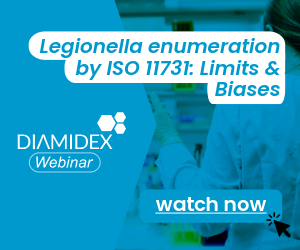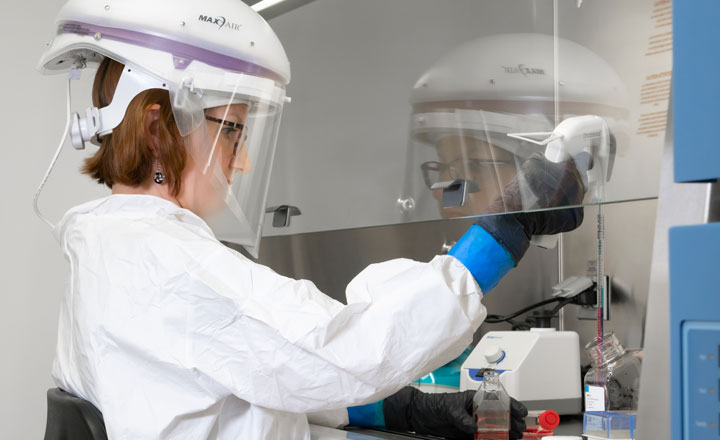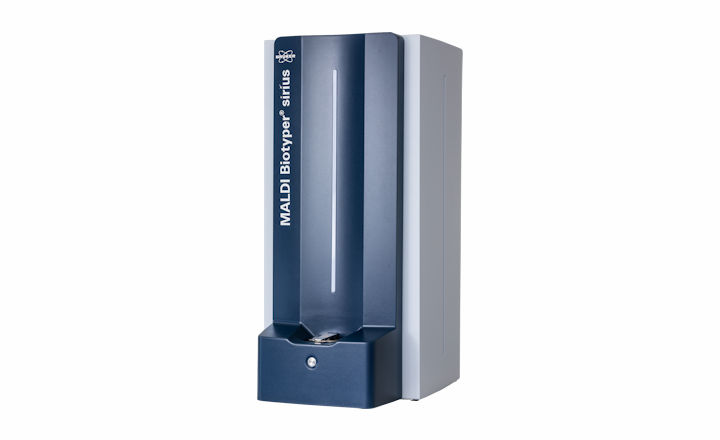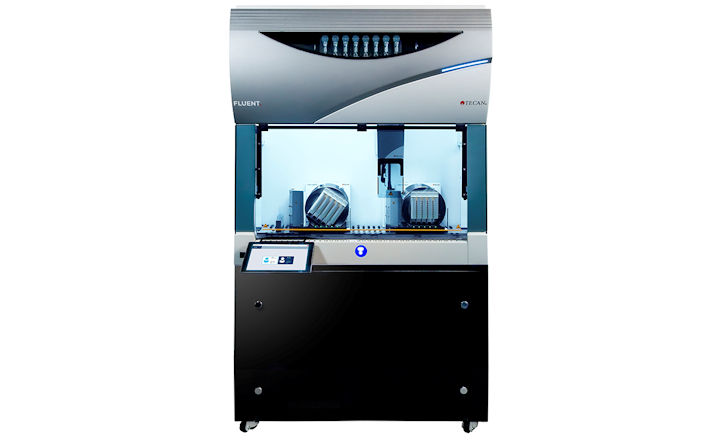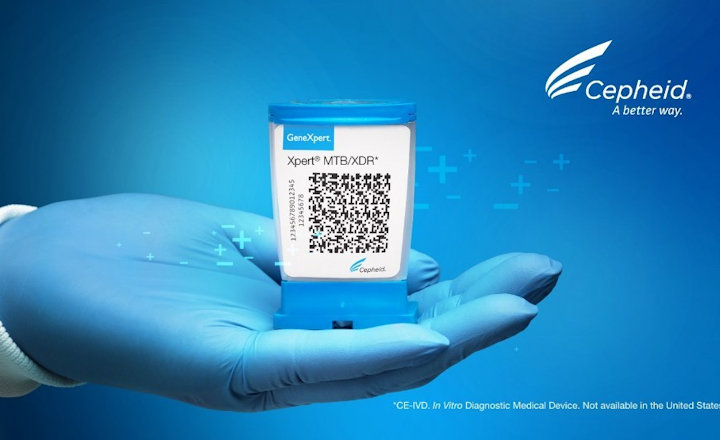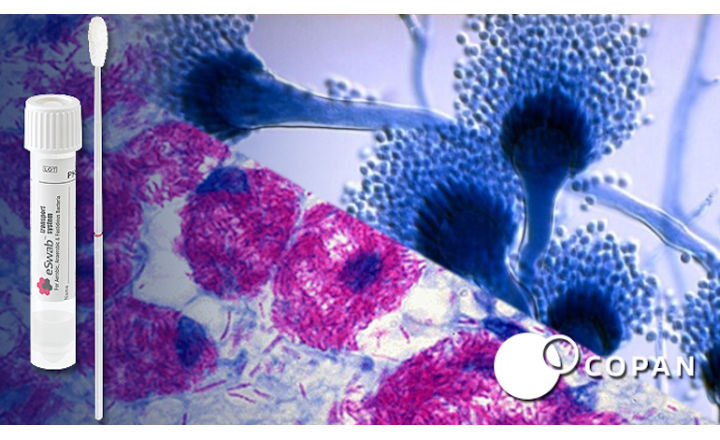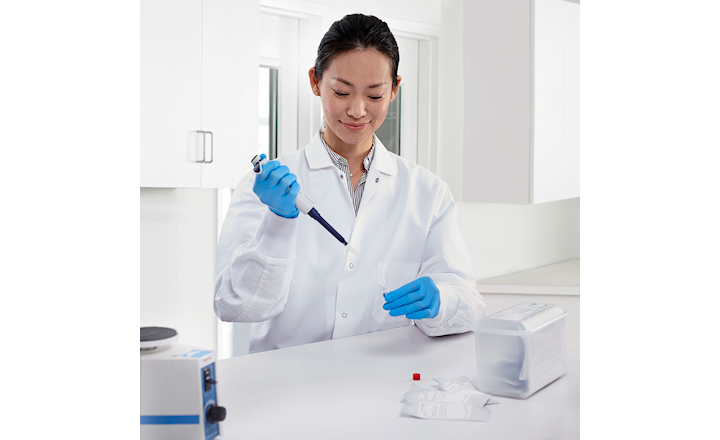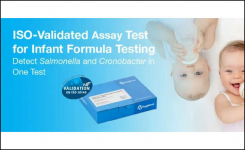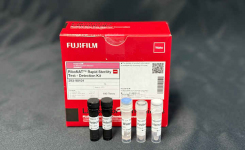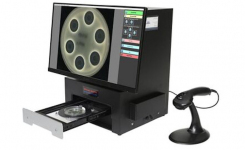The Clinical and Laboratory Standards Institute (CLSI) has published M48 - Laboratory Detection and Identification of Mycobacteria.
This guideline covers topics related to laboratory diagnosis of mycobacterial infections. Essential safety aspects are discussed in this guideline, with an emphasis on specific practices for the mycobacteriology laboratory. A table describing appropriate collection, transport, and storage conditions for various specimen types is included. Optimal methods for specimen processing, direct detection, and mycobacterial culture are also provided. Important laboratory issues and concerns, such as contamination, QC, and QA, are discussed. Finally, current methods for mycobacterial identification are provided.
Although this guideline’s primary focus is the diagnosis of active Mycobacterium tuberculosis infections, the nontuberculous mycobacteria (NTM) are also discussed in terms of clinical significance and optimal laboratory methods for detection, culture, and identification. The relative clinical importance of any given NTM and the considerations regarding the isolate’s clinical significance are discussed.
Recommendations for managing the unique challenges associated with the increasing incidence of Mycobacterium tuberculosis and nontuberculous mycobacteria infections are included.
See clsi.org/standards/products/microbiology/documents/m48/


